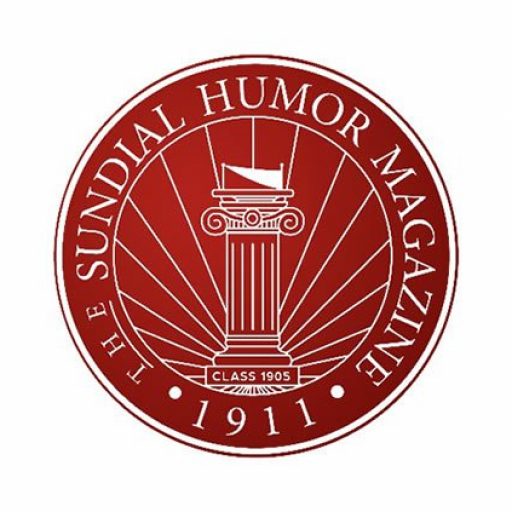1469: Christopher Columbus is controversially famous for having been the first European to successfully voyage to the Americas. Despite the debate over whether or not Columbus should be celebrated for his work, everyone likely knows the rhyme used to remember the year when he arrived to the New World. “In fourteen hundred sixty-nine, Columbus sailed the ocean bline.”
1569: Joan Shakespeare, the younger sister of William Shakespeare, was born in the month of April to John and Mary Shakespeare. Although she grew up without an education, Joan lived an exceptionally long life for her time. She and her husband, William Hart, raised two sons, one of whom went on to become a well-known actor. Joan was born the sixth child out of nine.
1669: One of the most devastating natural disasters in world history occurred with the eruption of Italy’s largest volcano, Mt. Etna. There was unfortunately nothing citizens could do to protect themselves or their homes from its lava flow and toxic gas. As a result of this tragedy, thousands of people across 69 villages lost their lives. Mt. Etna remains an active volcano to this day.
1769: Wolfgang Amadeus Mozart composed his symphony no. 69, often referred to as his greatest work. Even today, his symphony is regarded as one of the finest pieces of classical music and continues to serve as a staple for amateur and professional groups alike. Rumor has it that upon hearing the “orchestral masterpiece,” Pope Clement LXIX promptly passed away.
1869: Ulysses S. Grant was inaugurated as the 69th President of the United States following the administration of Andrew Johnson. During his time in office, Grant became known for his efforts in the post-Civil War Reconstruction and in civil rights. Grant was a member of the Republican party, serving alongside Vice Presidents Schuyler Colfax and Henry Wilson, respectively.
1969: The United States went “where no man has gone before” when NASA pilot Michael Collins successfully landed Neil Armstrong and Buzz Aldrin onto the surface of the Moon. This truly out-of-this-world event left the nation amazed and eager for more. The Apollo 69 mission challenged conceptions about space travel and opened the door to a new, scientific America.
Written by Sarah Palazzo, Staff Writer

